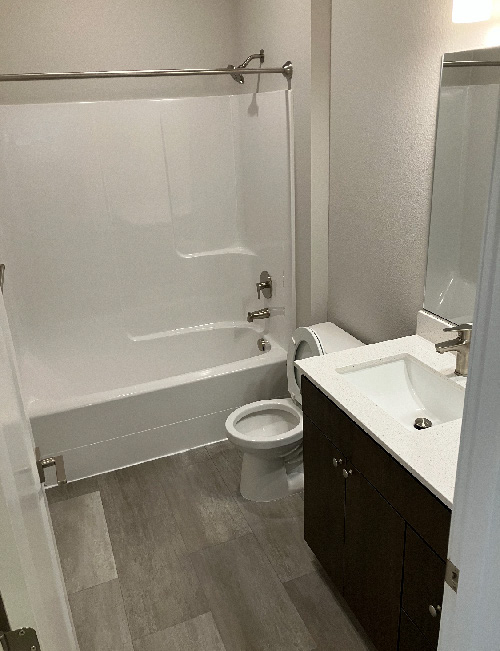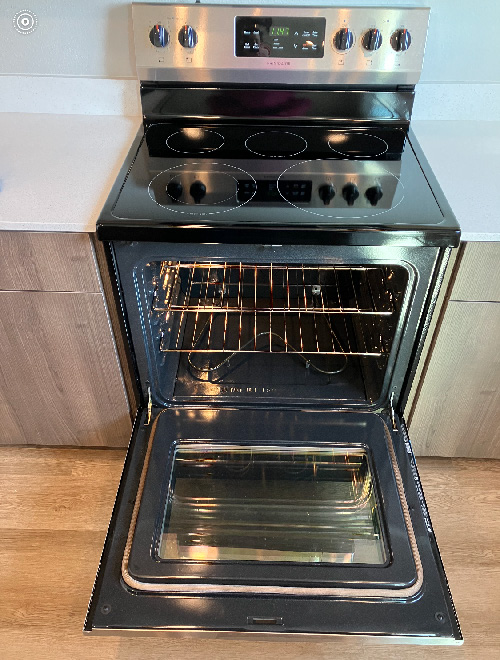Cleaning work is often portrayed through a glamorous lens on television, where professional cleaners swoop in to tackle chaos with ease and efficiency. But how accurate are these portrayals? In this article, we will delve into the stark contrasts between real-life cleaning professionals and their fictional counterparts on TV shows. By exploring the nuances of the cleaning profession, we aim to highlight the dedication, skill, and often overlooked challenges that come with being a professional cleaner.
Understanding the Role of a Professional Cleaner
What Is a Professional Cleaner?
A professional cleaner is someone who provides cleaning services for residential or commercial spaces. This can include everything from basic housekeeping tasks to specialized services such as deep cleaning, carpet cleaning, and post-construction clean-ups. They might work independently or as part of a cleaning company.
The Skills Required for Professional Cleaning
Professional cleaners must possess a variety of skills to be successful in their roles. These skills often include:
- Attention to Detail: Cleaners must notice the small things that others may overlook. Time Management: Efficiently managing time is crucial when juggling multiple clients or tasks. Physical Stamina: Cleaning can be physically demanding; therefore, stamina is essential. Knowledge of Cleaning Products: Understanding which products are suitable for different surfaces is critical to avoid damage.
Common Misconceptions About Professional Cleaners
One common misconception about professional cleaners is that their job is easy or unskilled work. In reality, it requires training and experience to master effective techniques and safety precautions.
Real Life vs TV Shows: The True Nature of Cleaning Work
When watching shows like "Tidying Up with Marie Kondo" or "Hoarders," one might be tempted to think that cleaning work comes with instant results and dramatic transformations. However, real-life cleaning involves much more than what meets the eye.
The Reality of Cleaning Tasks
In reality, many cleaning tasks are repetitive and may not yield immediate visible results. For instance:
- Dusting: This task seems simple but requires moving items around to ensure every corner is cleaned. Deep Cleaning Carpets: While it may appear straightforward on TV, it often involves hours of laborious scrubbing.
Tools of the Trade
While TV shows may showcase high-tech gadgets for cleaning, most professional cleaners rely on simple tools such as:

| Tool | Purpose | |---------------------|----------------------------------| | Microfiber Cloths | For dusting and wiping surfaces | | Vacuum Cleaners | To remove dirt and allergens | | Mops | For floor cleaning | | Scrub Brushes | For tough stains |

Realistic Time Expectations
TV shows often compress hours or even days of work into a 30-minute episode. In contrast, a professional cleaner may spend several hours on a single job in reality.
The Emotional Aspects of Cleaning Work
Client Interactions
Cleaning can be an emotional experience for clients too. Many individuals feel vulnerable when allowing someone into their personal space. Therefore, building trust is paramount for professional cleaners.
Handling Hoarding Situations
Some cleaning jobs involve hoarding situations where emotional support plays an equally important role alongside physical labor.
The Salary Expectations for Professional Cleaners
Income Levels Across Different Regions
Salaries can vary significantly based on location and experience levels. According to industry standards:
- Entry-level cleaners may earn around $25,000 annually. Experienced professionals can command upwards of $50,000 per year.
Benefits Beyond Salary
Many professional cleaners also enjoy benefits such as flexible working hours and opportunities for advancement within larger companies.
The Physical Demands of Cleaning Work
Health Risks Associated with Cleaning Jobs
Cleaning can take a toll on physical health over time due to repetitive motions and exposure to various chemicals. Professional cleaners must prioritize their well-being by using ergonomic tools and proper lifting techniques.

Importance of Safety Protocols
Safety protocols are essential in ensuring that both the cleaner's health and the client's property are protected during the job. This could mean wearing gloves while handling harsh chemicals or using non-slip mats when working in potentially hazardous areas.
Training Programs for Professional Cleaners
Certification Opportunities Available
While formal education isn’t always required, numerous courses offer certifications in specialized cleaning methods or safety procedures which can enhance a cleaner’s qualifications.
On-the-job Training Experiences
Most cleaners receive hands-on training from experienced professionals which often proves invaluable when tackling unique challenges on different jobs.
The Impact of Technology on Modern Cleaning Practices
Emerging Technologies in Cleaning Services
With technology evolving rapidly across all sectors, Professional Cleaner near me in Amity the cleaning industry has seen its fair share of innovations:
- Automated vacuums Smart home devices that facilitate maintenance
These tools have revolutionized how some professionals approach their work—though they still cannot replace human effort entirely!
Customer Service Skills in Professional Cleaning
Building Relationships with Clients
Maintaining positive relationships with clients goes beyond simply delivering great service; it involves communication skills that foster loyalty over time.
FAQ Section
What does a typical day look like for a professional cleaner?
A typical day can involve various tasks including dusting, vacuuming carpets, mopping floors, sanitizing kitchens/bathrooms—the list goes on depending upon client needs!
Are there any risks involved in being a cleaner?
Yes! Some health risks come from prolonged exposure to certain chemicals or physical strain from heavy lifting—however many companies prioritize safety training!
How do I find reliable cleaning services?
Research online reviews or ask friends/family for recommendations when seeking trustworthy services near you!
Is certification necessary for becoming a professional cleaner?
It’s not mandatory but having certifications might give you an edge over competitors!
What equipment do most cleaners utilize?
Essential tools include microfiber cloths/vacuums/mops/scrub brushes as they cater effectively across various surfaces/types!
li16/ol1/hr9hr9/##
Conclusion
In summation, while television portrays cleansing as an effortless endeavor filled with instant gratification moments; reality tells another story steeped in hard work & commitment from dedicated professionals striving towards excellence each day! Understanding these differences allows us not only appreciate but also respect those who uphold cleanliness standards across our communities daily—whether at home or in businesses everywhere!
As we’ve explored throughout this article titled “Real Life vs TV Shows: The True Nature of Cleaning Work,” it’s clear that being a professional cleaner encompasses far more than what’s depicted onscreen—it’s about skillful execution combined with empathy towards clients’ needs—a true testament reflecting dedication behind every sparkling surface!